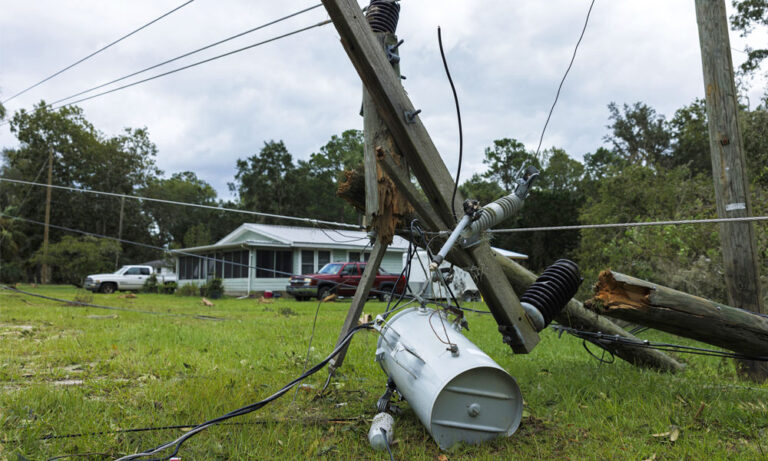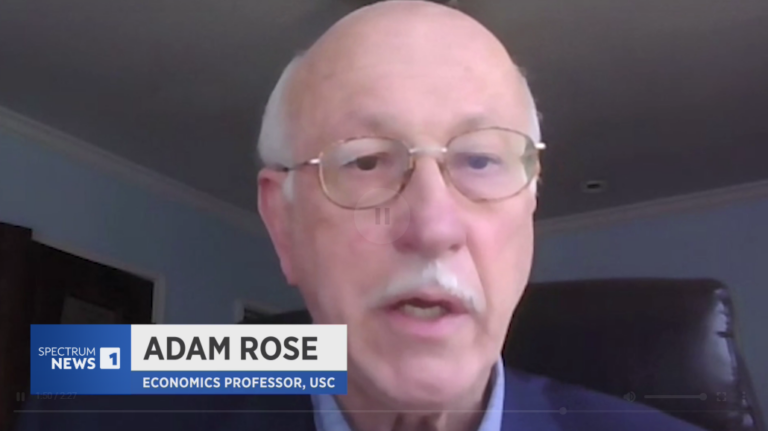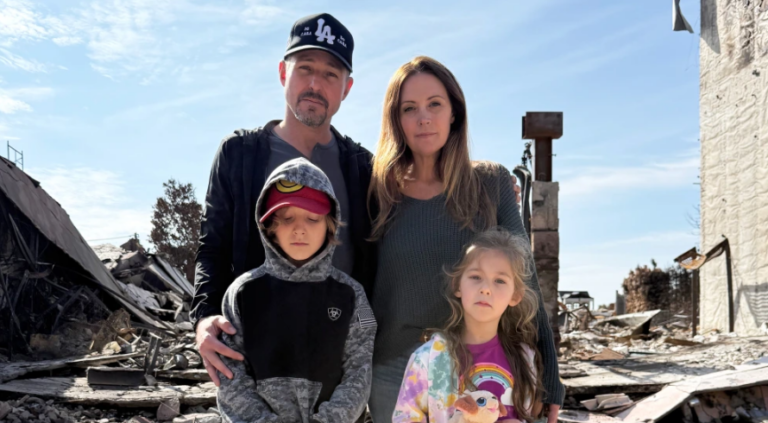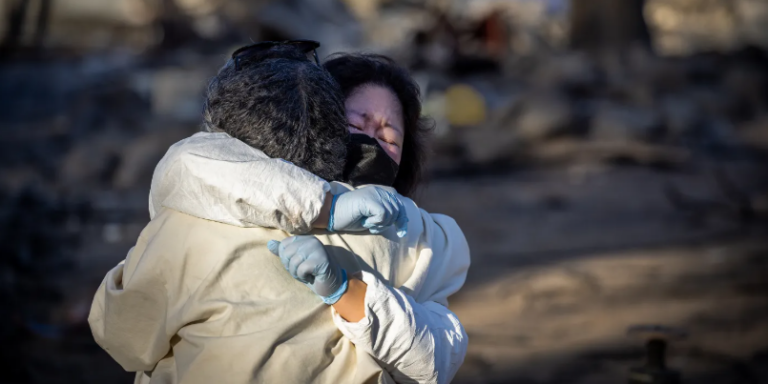Faculty

Education
Ph.D. in Economics, Cornell University
Expertise
Energy and environmental economics
Public policy
Natural hazards and terrorism
Regional science
Applied general equilibrium modeling
Biography
Adam Rose is a Research Professor in the University of Southern California Sol Price School of Public Policy, and Director Emeritus and Senior Research Fellow of USC’s Center for Risk and Economic Analysis of Threats and Emergencies (CREATE). He is also a Faculty Fellow of USC’s Schwarzenegger Institute and a Faculty Affiliate of its METRANS Research Center. Previously, he held faculty and department chair positions in applied economics departments at The Pennsylvania State University and West Virginia University, as well as a faculty position in the Department of Economics at the University of California, Riverside. He received his PhD in economics from Cornell University, but has worked on interdisciplinary topics throughout most of his career.
Professor Rose’s primary research interest is the economics of disasters. He has spearheaded the development of CREATE’s comprehensive economic consequence analysis framework and has done pioneering research on resilience at the level of the individual business/household, market/industry and regional/national economy. He has also completed dozens of case studies of disaster consequences, resilience and recovery, including the September 11 terrorist attacks, COVID-19, and the Russia-Ukraine War. He is currently a PI on an NSF grant on Advanced Data and Methods to Improve Hazard Resilience for Underrepresented Groups, a DARPA contract on Resilient Supply-Demand Networks, and a DHS contract on Modeling the Economic Impact of Complex, Multi-Vector Disruptions to the Marine Transportation System and Supply Chains. He recently served as PI on a DoD Minerva Program study on Economic Viability, Resilience, and Sustainability of Logistics Systems in Post-Conflict Zones, and a Lawrence Berkeley National Laboratory study to develop a Power Outage Economics Decision Support Tool. Previously, he headed a study for FEMA that analyzed a deductible/credit system for its Public Assistance Program, and served as the lead researcher of the Mitigation Saves report to Congress on the benefits of FEMA’s Hazard Mitigation Grant Program. He has also served as an advisor to the United Nations Development Programme on disaster resilience and to the World Bank on financing disaster risk management.
Professor Rose’s other major research area is the economics of energy and climate change policy. As a consultant to the United Nations, he played a major role in the development of the first proposal for a system of globally tradable emission allowances, presented at the Rio Earth Summit. More recently, he has advised government agencies in several U.S. states and regions on the development of cap & trade programs and has advised several states and Baja California, Mexico on the employment impacts of climate action plans. He recently served as a Co-PI on a subcontract to the National Renewable Energy Laboratory to evaluate the regional economic impacts of the City of Los Angeles transitioning to an all renewable electricity service capability. Professor Rose has done pioneering research on the aggregate and distributional impacts of climate mitigation policy by advancing methodologies in both computable general equilibrium and macroeconometric modeling. He has also evaluated the economic impacts of twenty major energy technologies, including both fossil fuels and renewables. He recently presented testimony to the U.S. Senate Budget Committee on supply-chain impacts of climate change.
Professor Rose is the author of several books and 250 professional papers, including most recently Defining and Measuring Economic Resilience from a Societal, Environmental and Security Perspective (Springer), Economic Consequence Analysis Tool (Springer), and The Economics of Climate Change Policy (Elgar). He has served as associate editor of Natural Hazards Review, Energies, and Journal of Regional Science, and has been appointed to the editorial boards of Economics of Natural Disasters and Climate Change, Environmental Hazards, Journal of Integrated Disaster Risk Management, International Journal of Disaster Risk Science, The Energy Journal, Resource and Energy Economics, Energy Policy, Pacific and Asian Journal of Energy, Journal of Sustainable Energy Engineering, and Resource Policy.
Professor Rose has served as the American Economic Association Representative to the American Association for the Advancement of Science, and as a member of the Board of Directors of the National Institute of Building Sciences Multi-Hazard Mitigation Council and of the Advisory Board of the Center for National Policy Resilience Forum. He has served as President of the International Society for Integrated Risk Management (IDRiM) and for many years on its Board of Directors. Recently, he completed a term as chair of the Society for Risk Analysis Resilience Specialty Group. Professor Rose is the recipient of the IDRiM Distinguished Research Award and its Distinguished Service Award, USC Price School Graduate Policy and Administration Community Faculty Lifetime Achievement in Public Policy Award, Woodrow Wilson Fellowship, East-West Center Fellowship, American Planning Association Outstanding Program Planning Honor Award, Applied Technology Council Outstanding Achievement Award, Regional Economic Models Outstanding Economic Analysis Award, DHS/CREATE Transition Product of the Year Award, Sir Richard Stone Best Article Prize in Economic Systems Research, and the Journal of Benefit-Cost Analysis Outstanding Article Award. He is a Fellow of the Society for Risk Analysis and of the Regional Science Association International.
Selected Publications
- Wing, I. S., Larsen, P. H., Carvallo, J. P., Sanstad, A., Wei, D., Rose, A., Baik, S., Smith, J., Ramee, C., & Peterson, R. (2025). A method to estimate the economy-wide consequences of widespread, long duration electric power interruptions. Nature Communications, 16(1).
- Byrd, K., Kapadia, K., Rose, A., & John, R. (2025). Balancing security and inconvenience: Perceptions of countermeasures in U.S. commercial facilities. Risk Sciences, 1.
- Rose, A. & Djavadi, B. (2025). Behavioral Aspects of Population Mobility Following a Chemical, Biological, Radiologic or Nuclear Event. International Journal of Disaster Risk Science. https://doi.org/10.1007/s13753-024-00609-y
In The News
USC Price News
New research method provides deeper insights into the cost of power outages
Featured Faculty: Adam Rose
Spectrum News 1
Rose quoted about consumers spending money at small businesses during national economic blackout
Featured Faculty: Adam Rose
NBC News
Rose interviewed about the economic costs of the Los Angeles wildfires
Featured Faculty: Adam Rose
Vox.com
Rose quoted in a story about the shocking price tag of the LA fires
Featured Faculty: Adam Rose
Affiliated Research Centers
CREATE Homeland Security Center
METRANS Transportation Consortium
Schwarzenegger Institute for State and Global Policy
Kudos
May 1, 2024 Dr. Rose receives the USC Graduate Policy and Administration Community Lifetime Achievement in Public Policy Award.
October 20, 2022 Dr. Rose is made a Fellow of the Society for Risk Analysis.
May 2, 2022 Dr. Rose is appointed to the Risk Analysis Quality Test (RAQT) Review Committee of the Society for Risk Analysis.



